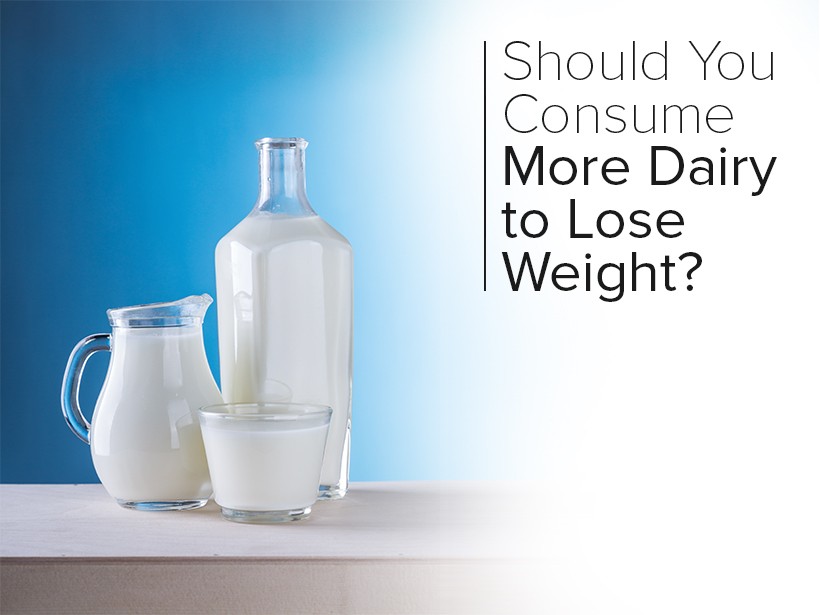You probably grew up hearing a lot of advice about dairy, such as “drink your milk to get big, strong bones” or “don’t consume too much dairy because it’s bad for your heart.” Well, a lot of that is assumed based off of the individual nutrients within the milk. For example, people know that calcium is part of your bones and large quantities of calcium are in fact found in milk. Because of this, people assume that drinking milk gives you big strong bones. In the same way, people know there are fats in milk and fats (saturated and trans-fats) can lead to heart disease. However, sometimes it’s best not to make assumptions.
Neither low-fat nor whole-fat dairy foods have been linked to causing cardiovascular disease. 1 Well, how about diabetes? Some self-reported studies regarding consumption of dairy foods have pointed out that regardless of low-fat and whole-fat products, the risk associated with type 2 diabetes is the same. Then there are studies that say that yogurt might actually be good for diabetes, and high dairy fat products are actually protective. 2 One study in particular by Mohammad Y. Yakoob et al considered circulating fatty acid biomarkers of dairy fat that are linked to lower risk of developing diabetes.3
In a total of 3,333 participants studied, 1,364 developed cardiovascular disease (CVD) and 1969 participants did not. This study indicated that dairy fatty acids themselves could actually reduce the risk of developing diabetes. These patients self-reported their consumption of high-fat dairy food like cheese and reported them as beneficial or neutral in relation to their diabetes. In many patients, hepatic and systemic insulin sensitivity improved and hepatic steatosis decreased. This is a big deal because diabetes is characterized by your body no longer absorbing insulin and becoming resistant to it, so if high-fat dairy can improve sensitivity to insulin as expressed here, then diabetes may be combatted, and cells could respond more effectively to insulin.
Not convinced? In the linked study, Smith and his colleagues took on the task of studying the entire genome to discover genetic variants accounting for variation in body mass index (BMI) in relation to the fats in dairy products: low-, high- and total dairy fat. That essentially means that these researchers looked at all the genes in someone’s cells to look for differences to see how BMI changed when they consumed dairy products with those different types of fats.4 They found that dairy intake could actually protect certain people based on their genes from gaining body weight. This is a big deal because the study demonstrates that by consuming dairy fat, you could actually be protecting yourself from gaining weight on the basis of genetics.
So next time someone gives you a strange look for your whole-milk choices, you can educate them on the truth behind fatty acids. Meanwhile, you can rest assured that these fatty acids are likely lowering your odds of developing diabetes and gaining weight.
NUTRITIONAL DISCLAIMER
The content on this website should not be taken as medical advice and you should ALWAYS consult with your doctor before starting any diet or exercise program. We provide nutritional data for our recipes as a courtesy to our readers. We use Total Keto Diet app software to calculate the nutrition and we remove fiber and sugar alcohols, like erythritol, from the total carbohydrate count to get to the net carb count, as they do not affect your blood glucose levels. You should independently calculate nutritional information on your own and not rely on our data. The website or content herein is not intended to cure, prevent, diagnose or treat any disease. This website shall not be liable for adverse reactions or any other outcome resulting from the use of recipes or recommendations on the Website or actions you take as a result. Any action you take is strictly at your own risk.
- Research Shows Improvement in Anorexia Nervosa Condition With Keto - August 6, 2018
- New Potential for Ketogenic Diet to Prevent Alcohol Withdrawal Syndrome - August 1, 2018
- Woman on Early Menopause Saved By Keto - July 25, 2018




